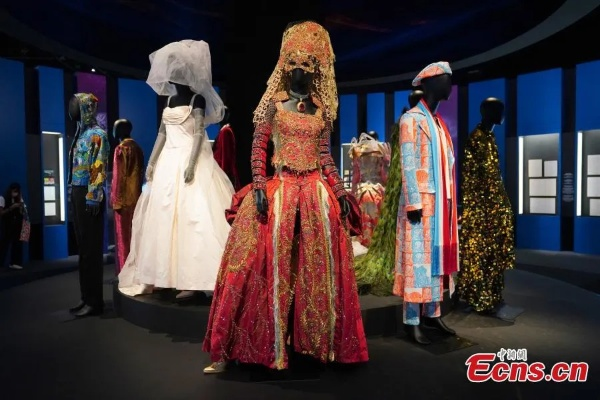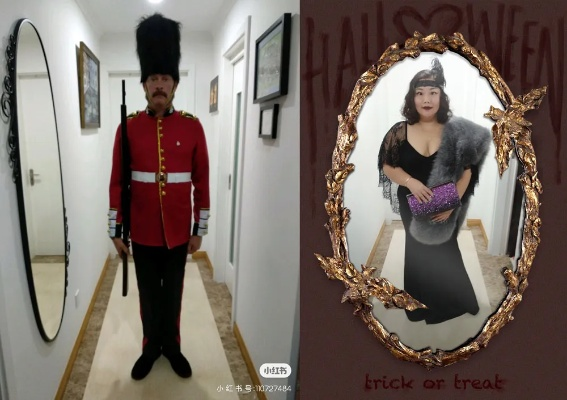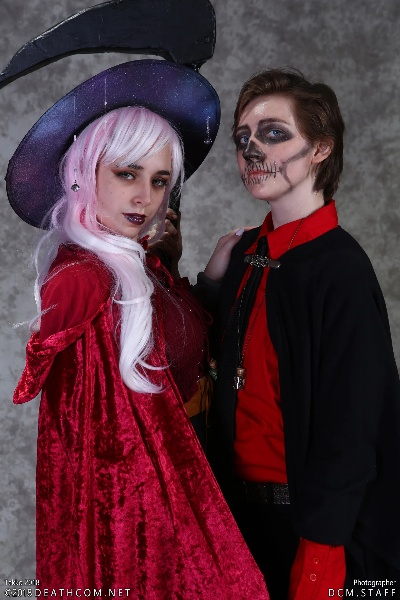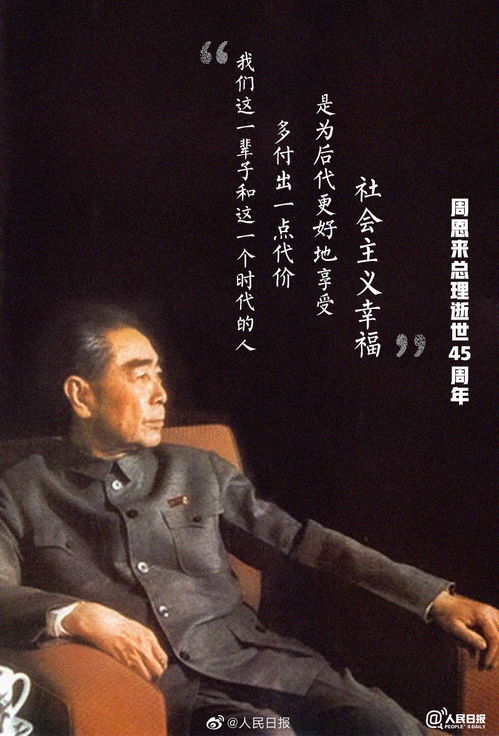Costume serves as a mirror of culture and identity. It is not just about covering the body but a powerful symbol that reflects the values, traditions, and social norms of a particular group or society. Through costume, people can express their cultural heritage, religious beliefs, and social status. Different cultures have distinct costume styles that are passed down through generations. Costume also plays a role in shaping and reinforcing personal identity. It can be a means of self-expression, allowing individuals to showcase their personality and individuality. Moreover, it can be used to create a sense of community and belonging. In various ceremonies and festivals, people don the traditional costumes that connect them to their roots and shared history. In conclusion, costume is a vital aspect of culture and identity, representing the diversity and richness of human civilization.
Costume, an integral part of human civilization, holds a significant place in our lives. It is not merely a piece of fabric or a collection of accessories; rather, it is a powerful symbol that reflects culture, identity, and social status.
Costume has a long and rich history that dates back to ancient times. In different cultures around the world, costumes have been used to mark various occasions, such as religious ceremonies, festivals, and weddings. For example, in India, women wear sarees, which are not only a symbol of their femininity but also a reflection of the country's rich cultural heritage. Similarly, in Japan, the kimono is a traditional garment that is worn on special occasions and is an important part of the country's cultural identity.
Costume also plays an important role in expressing one's identity. It can be a way of showing one's cultural background, political beliefs, or personal style. In modern society, people often use costume to express their individuality and creativity. For instance, in the fashion industry, designers create unique and innovative costumes that are not only beautiful but also make a statement. These costumes can range from haute couture to streetwear, and they are often worn by celebrities and fashion enthusiasts to make a statement and show off their unique style.
In addition to expressing identity, costume can also be a means of social status. In many cultures, certain types of costumes are associated with specific social classes or occupations. For example, in ancient China, the emperor and his court wore elaborate robes and jewelry that were a symbol of their power and wealth. Similarly, in modern society, lawyers, judges, and politicians often wear formal suits that are a sign of their professional status.
However, costume is not just about appearance; it can also have a profound impact on our behavior and attitude. When we wear a particular type of costume, we often feel a sense of confidence and self-assurance. This can lead to better performance in various situations, such as job interviews, public speaking, and sports competitions. For example, athletes often wear their team uniforms because they feel a sense of unity and pride when they do so, which can enhance their performance on the field.
In conclusion, costume is a powerful and multifaceted concept that plays an important role in our lives. It reflects our culture, identity, social status, and behavior. Whether we are wearing a traditional garment or a modern fashion statement, costume has the ability to make a statement and leave a lasting impression. As we move forward in the 21st century, it is important to continue to celebrate and appreciate the rich history and cultural significance of costume while also using it as a means of self-expression and creativity.








 京公网安备冀I陇ICP备2022000946号-1
京公网安备冀I陇ICP备2022000946号-1
还没有评论,来说两句吧...